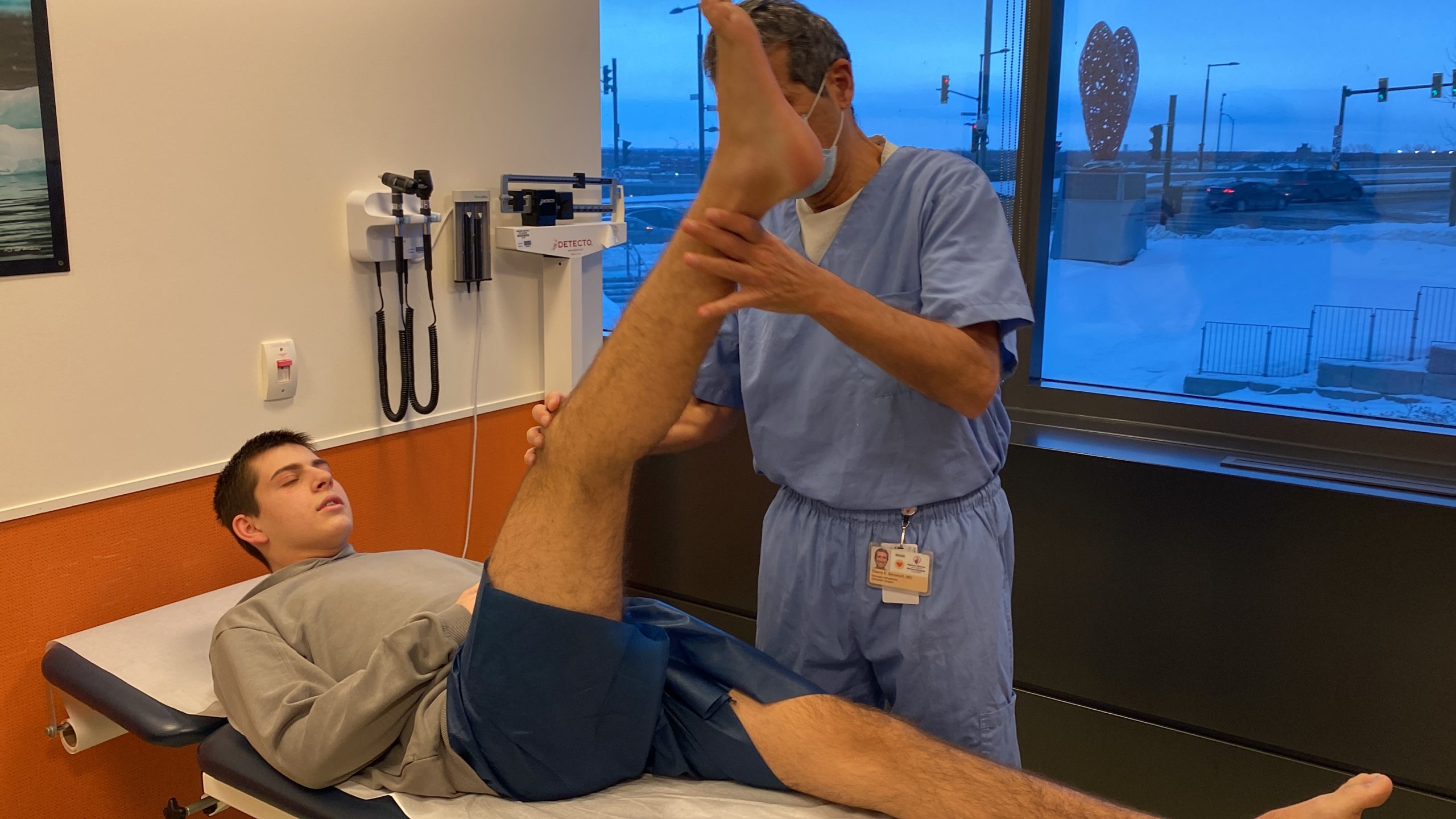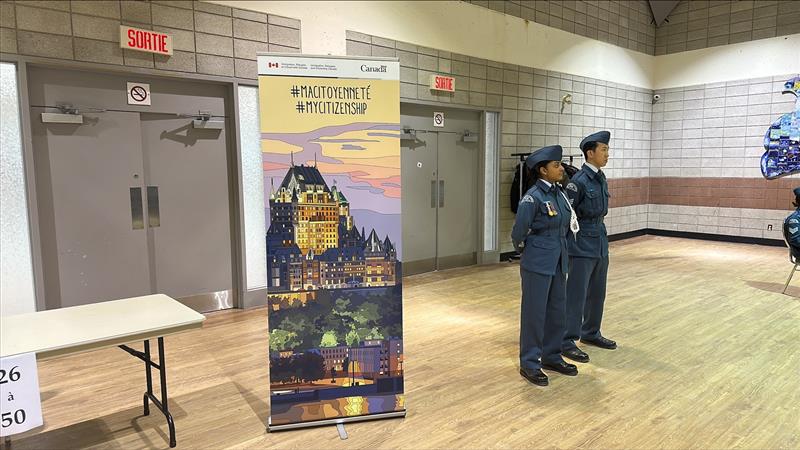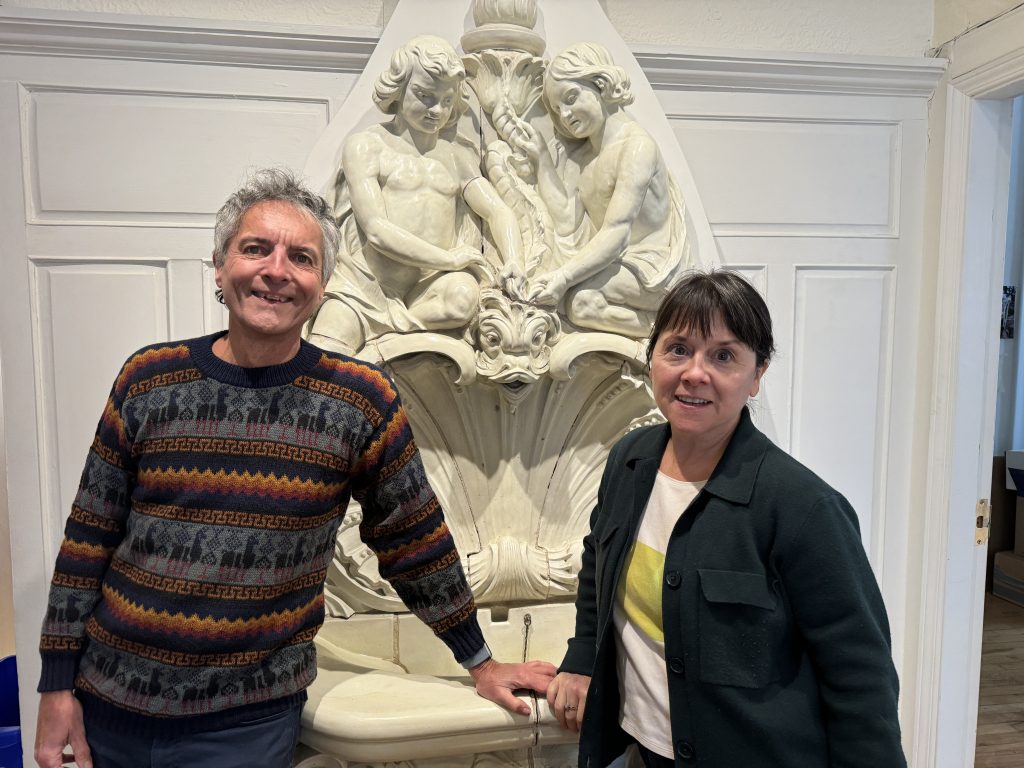Ukrainian teen with cerebral palsy walking again after post-surgery rehab in Montreal
Posted February 23, 2023 9:32 am.
Last Updated February 23, 2023 6:36 pm.
Fifteen-year-old Yaroslav Vakhitov fled the war in Ukraine, arriving in Montreal in a wheelchair.
Months later, with the help of staff at the Shriners Hospital for Children, he’s walking again and living a normal teenage life.
“Slowly gathering that self-confidence that I can walk again. That was a very impressive feeling,” said Yaroslav.
“After seeing Dr. (Thierry) Benaroch and he looked at the X-ray and he said, ‘no, that’s it, you’re good, you can start walking again,’ it was an unbelievable feeling. Like oh, I can actually walk again.”
Due to complications from cerebral palsy, Yaroslav underwent surgery on his legs last February.
“He had this major surgery in Ukraine where they kind of lowered his kneecap and they kind of fixed his foot,” said, Benaroch, a pediatric orthopedic surgeon and the chief of staff at the Children’s Hospital of Canada. “And when he was to go to rehab, that’s when the war broke up.
“You can’t just do surgery and expect them just to miraculously on their own get better.”
Yaroslav was in a cast and wheelchair for months too long before his family fled Odessa, Ukraine, and came to Montreal in April.
Once there, the Vakhitov family was taken in by Tatiana Romano. And soon after Yaroslav was referred to the Shriners hospital.
“I was hoping that I would start walking in February when I would start my rehab in Ukraine. That didn’t happen,” said the teenager. “I was hoping to start walking in March after they first X-rayed my foot to see whether or not the implant healed or not. That didn’t happen.
“So with every time I tried coming back to normal, life was postponed. But now I’m happy.”
Progress took only a few short months.
“Seeing him taking the first few steps, it was very emotional for us,” said Romano. “And then ever since then, physiotherapy started and the physiotherapy in itself, it was a miracle because every time she would come, like the first time she came in the wheelchair, they gave him a walker, like he left with a walker afterwards. The second time he comes, they take away the walker, they give him the crutches. Third time they take away the crutches and say, ‘that’s it, you go.’
“So every time, every week we would come, there would be a dramatic improvement.”
“He’ll be able to lead a normal life,” added Benaroch.
Nothing is expected to slow Yaroslav down.
“He’s really, really persistent in wanting the most out of life,” said Romano. “And he already has plans on, ‘OK, this is the sport that I want to go to. I want to do martial arts. I want to do kayaking, canoeing, all kind of sports.’”












